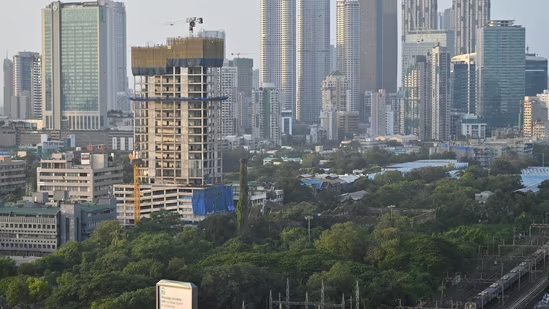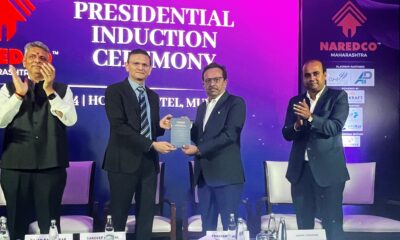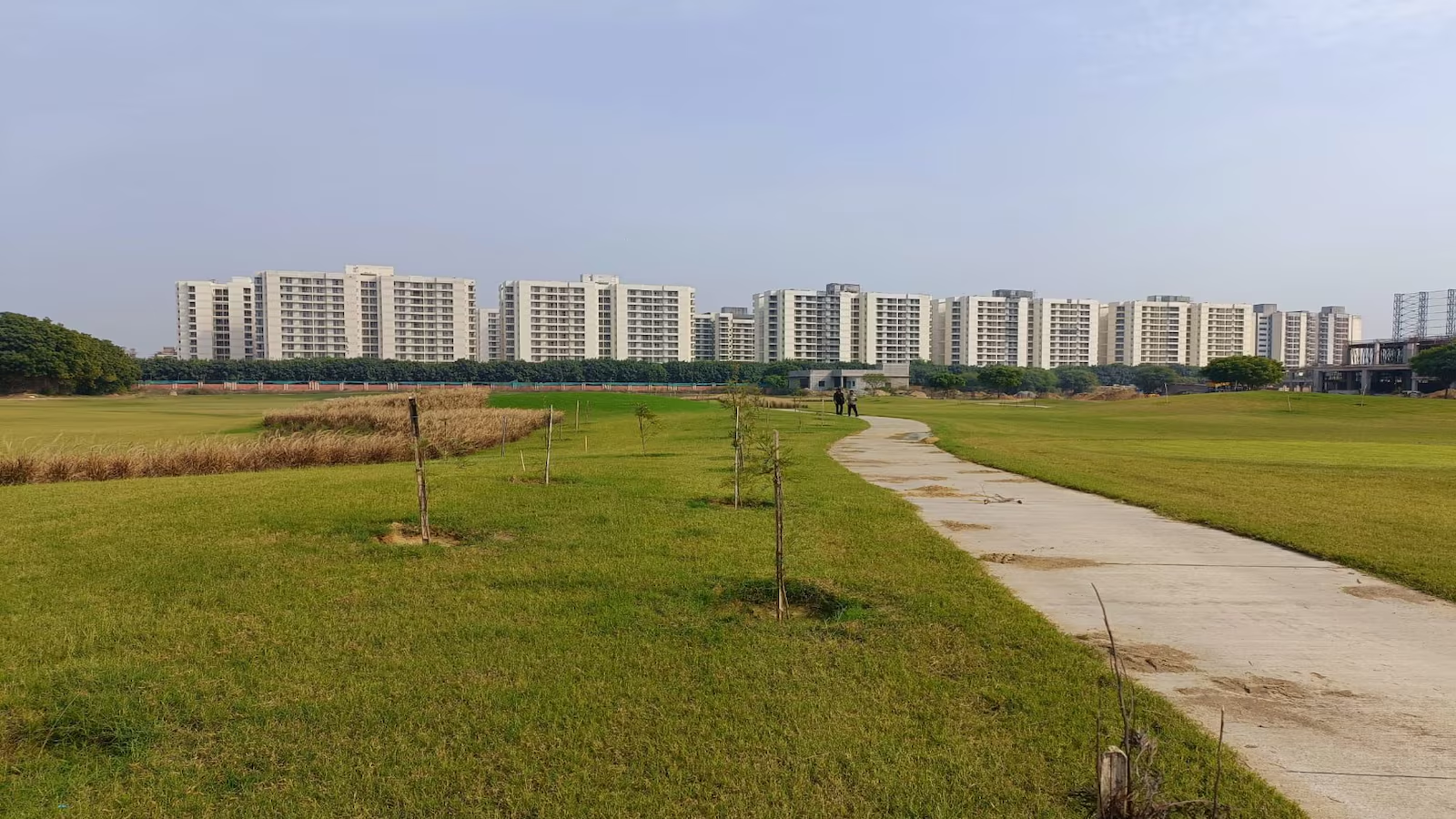News
Pepperfry becomes the latest eCommerce player to go ‘Hybrid’: JLL


The following is the report by Anuj Puri, Chairman and Country Head at JLL India
The trend of eCommerce players foraying into physical retail is pretty new to India. As part of differentiating their brand from the clutter of online brands, some e-tailers have been setting up shop offline. Pepperfry has joined this list of e-tailers going ‘hybrid’ by recently leasing a 1,800 sq ft space at Linking Road, Santacruz.
Lenskart, a well-known Indian eyewear brand that started online, has lately opened up stores in retail malls to directly connect with customers. While online travel firm MakeMyTrip has opened more than a dozen company-owned stores in the recent past, baby and kids product portal Firstcry has reportedly taken its tally to more than 100 stores across the country.
Freecultr, an online fashion apparel brand, has been swiftly moving into the physical space in order to give their customers a chance to touch and feel their merchandise. It is using its space to better understand the needs of their customers by collecting feedback, providing alternate payment options, using the store as a pick-up point, etc.
Interestingly, Freecultr has posted a question on their website asking visitors to vote for a preferable city for their next installation, indicating that the company is planning to roll out more stores.
According to market sources, in 2014, over 70 per cent of eCommerce website-based transactions came from the top-10 cities of India. This means that a vast majority of transactions, particularly in cities within tier-II and beyond, happens in physical stores.
The Indian railway catering and tourism corporation’s growth in rural India, through ticketing kiosks is proof that rural India is online shopping-savvy. But for online brands to exploit the rising spending power in India’s rural markets, it is important to make their presence felt in these places.
Paytm, an online payment solutions company, has already installed over 50,000 kiosks for customers to be able to load their e-wallets. By being offline, the company is building trust with customers who would otherwise have felt lost in the already-crowded online space.
So strong is the urge to move offline globally that for the time ever, Amazon US has opened a physical store in the US in early 2015, and it plans to open more such stores by mid-2015.
The biggest nightmare for every online seller is to deal with a shopping cart abandonment rate of 70-80 per cent. The sweet spot is to be in a middle zone where online sellers connect with the actual customers and also promote their products in multiple avenues. Expect this trend to continue in the times ahead.
-



 News3 weeks ago
News3 weeks agoKW Delhi 6 Mall Onboards New Brands
-



 News4 weeks ago
News4 weeks agoManasum Senior Living Launches IKIGAI GOA, A Senior Living Community in North Goa, in collaboration with Prescon Homes
-



 News3 weeks ago
News3 weeks agoCommercial Realty Gets Tech Savvy: Fast Construction, Enhanced Convenience
-



 News2 weeks ago
News2 weeks agoGodrej Properties Sells Rs 3k cr+ Homes of Godrej Zenith, Gurugram, within 3 days
-



 News4 weeks ago
News4 weeks agoBridging India Divide: Top 5 Tier- 2 Cities to Focus On
-



 News4 weeks ago
News4 weeks agoMultipoint Connection – A Definite Boon
-





 News3 weeks ago
News3 weeks agoRBI’s Status Quo on Key Policy Rates to Help Maintain the Real Estate Growth Momentum, Say Industry Stalwarts
-



 News1 week ago
News1 week agoOlive Announces Dhruv Kalro as Co-Founder
























